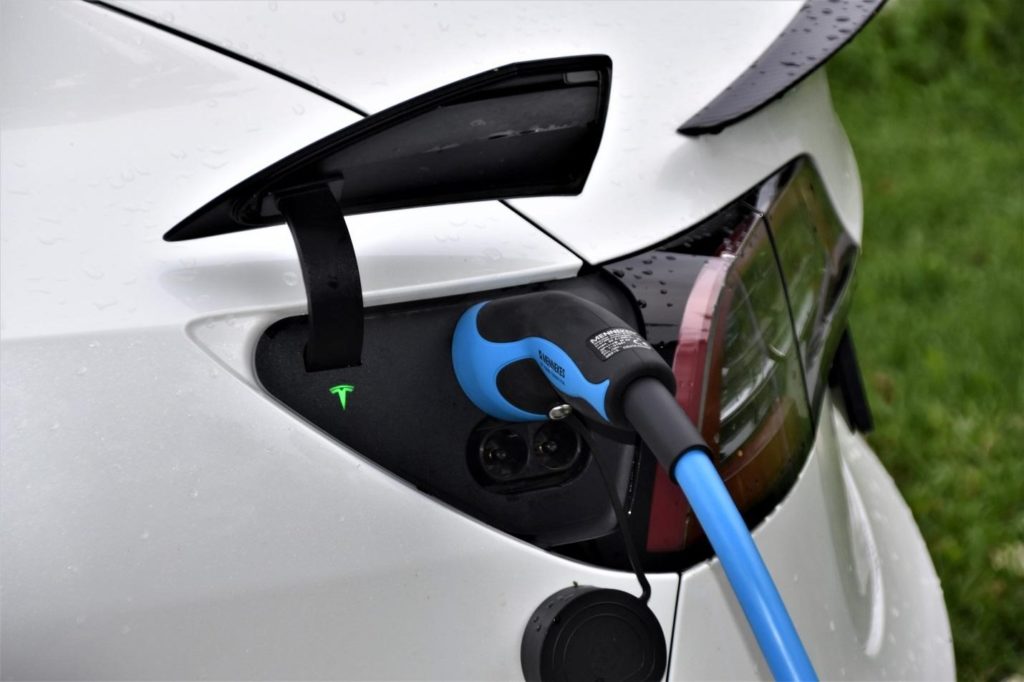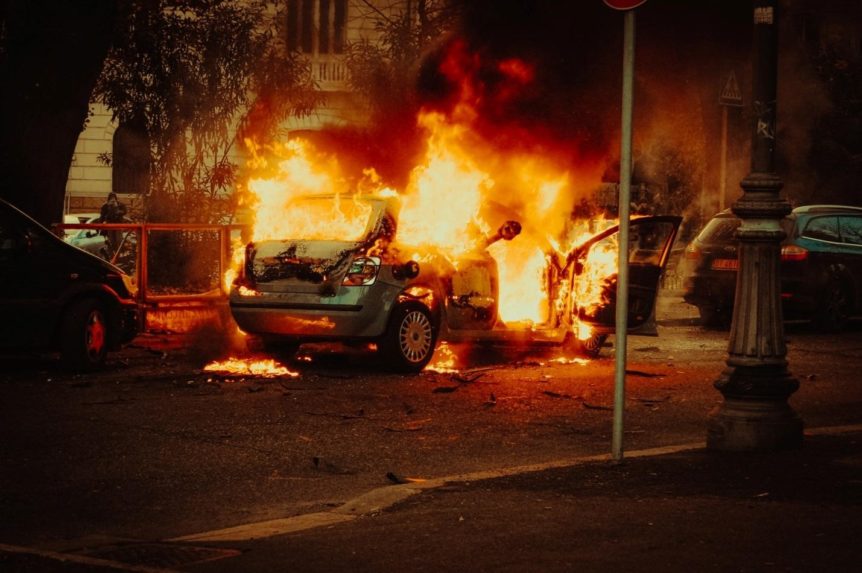Every year, an estimated 189,500 vehicles in the United States experience car fires. These result in close to 1,200 injuries, 300 deaths, and more than $1.1 billion in property loss and damages.
A huge portion of these accidents occurs in vehicles with diesel or gas engines, although the number of incidents involving electric cars is also on the rise.
While the proximate causes of the fires may not always be apparent, the US Fire Administration indicates that equipment malfunctions have been determined to be responsible for roughly 24 percent of vehicle fires. These could be anything from electrical wiring faults and improperly installed devices to a defect in the vehicle design.
With that in mind, what happens if car defects cause a fire or accident? Here’s what the law has to say about it.
What Causes Car Fires?
Contrary to what you might believe, vehicles do not spontaneously burst into flames unless there’s some underlying issue the driver may not be aware of. Below are some of the most common vehicle defects that may result in a fire.
Fuel Leak in Car
Leaking fuel tanks are arguably the most common cause of car fires. Fuel tanks need to be designed with fuel cell bladders and anti-puncture shields and mounted in front of the rear axle. This area needs to be free from brackets and other sharp objects that could puncture the tank, causing a leak.
Additionally, defective or poorly-routed fuel lines may end up rupturing in a collision. If the punctured line starts leaking, a small spark is enough to ignite the fuel within. Leaking flammable substances such as oil or gas are the perfect recipe for raging fires, especially in the presence of superheated metal.
Car Electrical System Failure
Modern vehicles have a lot of electrical components, which means a ton of wiring. These wires and cables may get damaged in a collision which may, in turn, cause sparks. If the collision in question also caused a fuel leak in the engine, the sparks from the cables may ignite oil, gas, or combustible fumes. Even in the absence of flammable fluids, defective cables and ignition wiring may short and spark a fire.
Engine Overheating
An overheated engine will rarely cause a car fire. The vehicle will simply stall in most cases, and you may see what looks like “smoke” emanating from the car bonnet. While it may look like there’s something burning, this “smoke” is actually steam from the radiator.
Just because car fires are rarely caused by overheating engines doesn’t mean they don’t happen. Vehicle engines can get extremely hot, and when they do, they can trigger a chain reaction that ignites the flammable parts of the car, leading to a fire.
The same applies to overheated catalytic converters. Vehicle exhaust systems can get super-hot. Think 2,000 degrees. Catalytic converters that get hotter than that can ignite the flammable parts of the vehicle, setting the rest of it on fire.
Ford Recalls
In 2017, Ford issued a nationwide recall on certain models of its Transit Connect, Fusion, Fiesta, and Escape vehicles with EcoBoost engines, after dozens of reports of overheating. The Ford EcoBoost problems witnessed in the 1.6-liter engine models stemmed from a design flaw that caused low coolant levels, subsequently increasing the likelihood of underhood fires and engine failure.
According to the carmaker, the recall was issued to fit cars with coolant level sensors to prevent the engine cylinder head from overheating, cracking, and leaking oil.
However, in a lawsuit filed against the company, several Ford car owners allege that the company did not address the full range of vehicles affected by the design flaw. The 1.5-liter and 2.0-liter engine models also experienced similar Ford EcoBoost problems.
Hybrid and Electric Car Battery Defects

If a car battery gets damaged for any reason, it is only a matter of time before it ignites, setting the rest of the car on fire. The risk is bigger for electric cars and hybrids since their batteries are much larger compared to those of conventional gas/diesel-powered engines.
Lithium-ion batteries for electric cars can catch fire for several reasons. For instance, if the software that regulates how much electric current flows into the battery while charging malfunctions, the battery can ignite as a result of too much or too little charge. Lithium-ion batteries can also ignite due to a manufacturing defect, misuse, or damage resulting from normal wear and tear.
What Happens if a Defect Causes a Fire or Accident?
The first thing you need to do is get in touch with a vehicle defect lawyer as soon as possible to explore the various legal remedies available to you.
Defective motor vehicle lawsuits are different from ordinary personal injury claims for negligence. The burden-of-proof standard is much lower and does not require plaintiffs to show that the at-fault party was negligent. It isn’t a requirement under the doctrine of strict liability. All you’re required to show is:
- The vehicle in question or a constituent component had an “unreasonably dangerous” defect that caused your injuries. The defect may have come about during the design, manufacture, handling, or shipping of the vehicle. It may also have come about by failing to warn consumers of a dangerous aspect of the car.
- The vehicle was being used in a manner that the manufacturer intended at the time the injury occurred. For instance, if you were using a sedan to cross a rocky stream, you may not be able to recover damages.
- The vehicle had not been significantly changed from its original condition at the time of purchase. “Significantly” in this case means altering the vehicle in a way that affects its performance.
The legal compensation you may be entitled to include pain and suffering, medical expenses, lost wages, and out-of-pocket expenses you incurred. If you can prove deliberate wrongdoing on the manufacturer’s part, you may be able to recover punitive damages as well.
Talk to an Experienced Attorney
Litigation involving car defects can be quite complex. If you were injured in a car accident stemming from a defect in the vehicle’s design or operation, get in touch with a vehicle defect lawyer as soon as possible to help you get the compensation you deserve.
Do you have any legal questions for us? Chat online with a Laws101 attorney right now.
